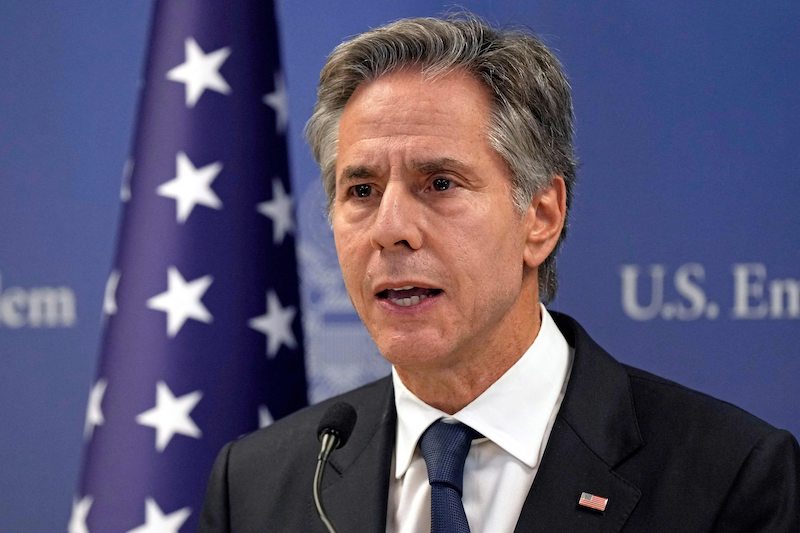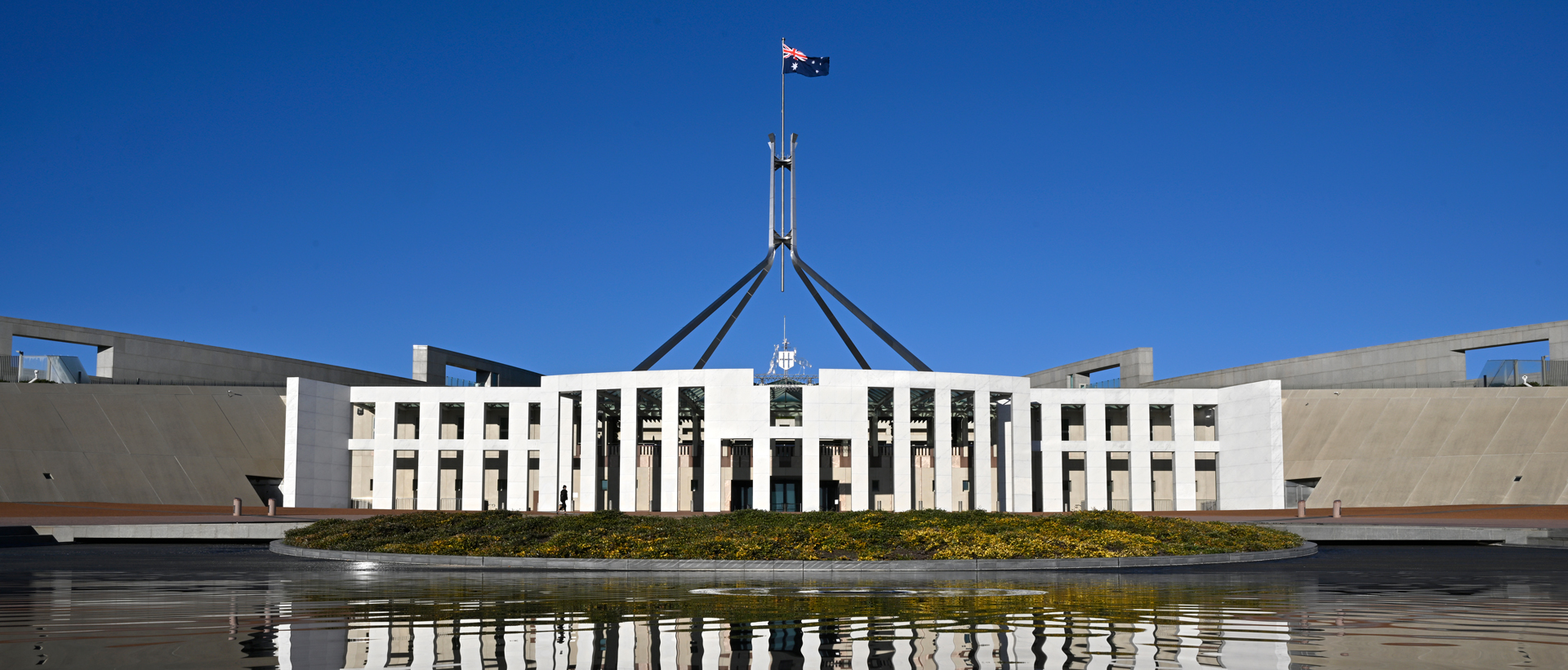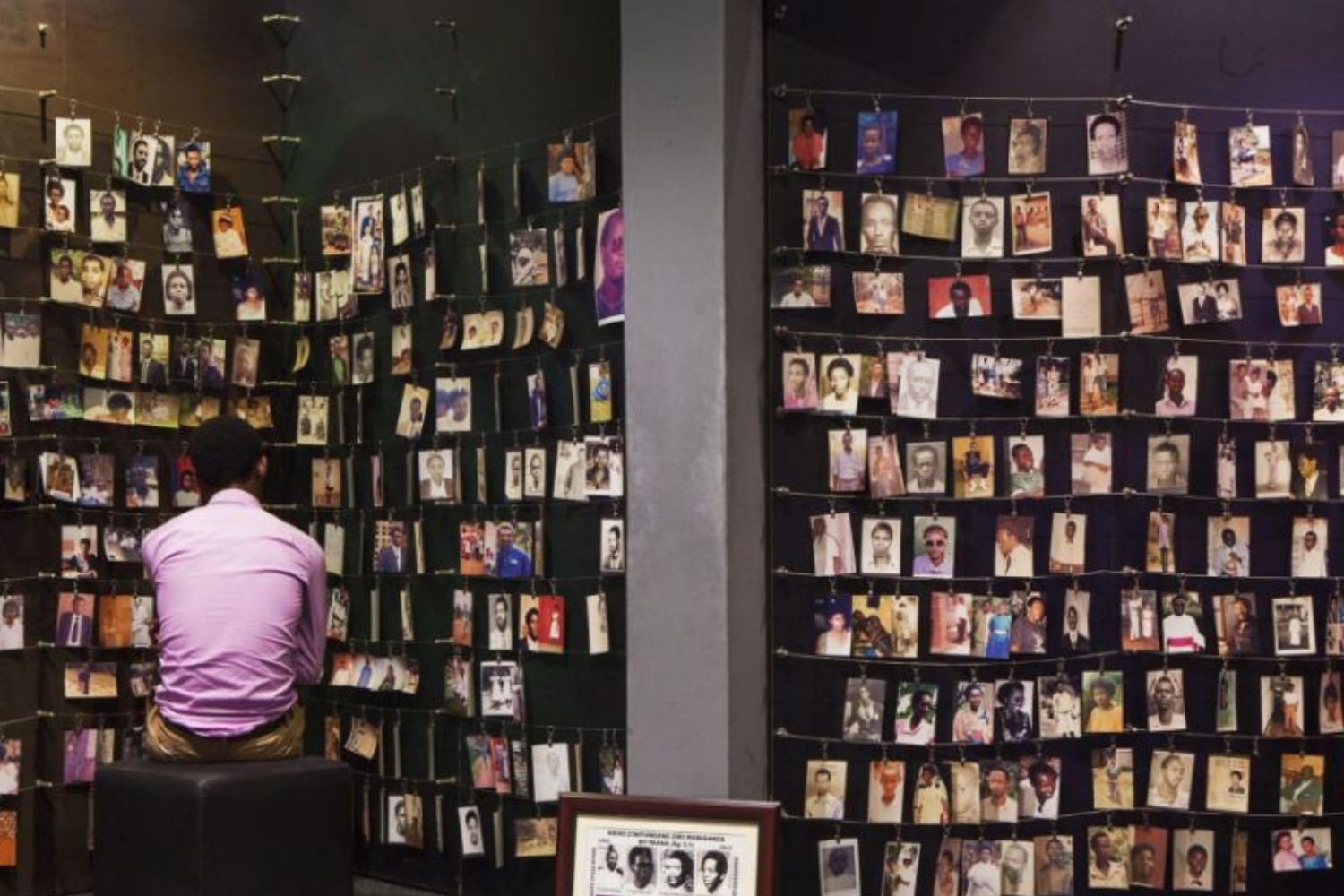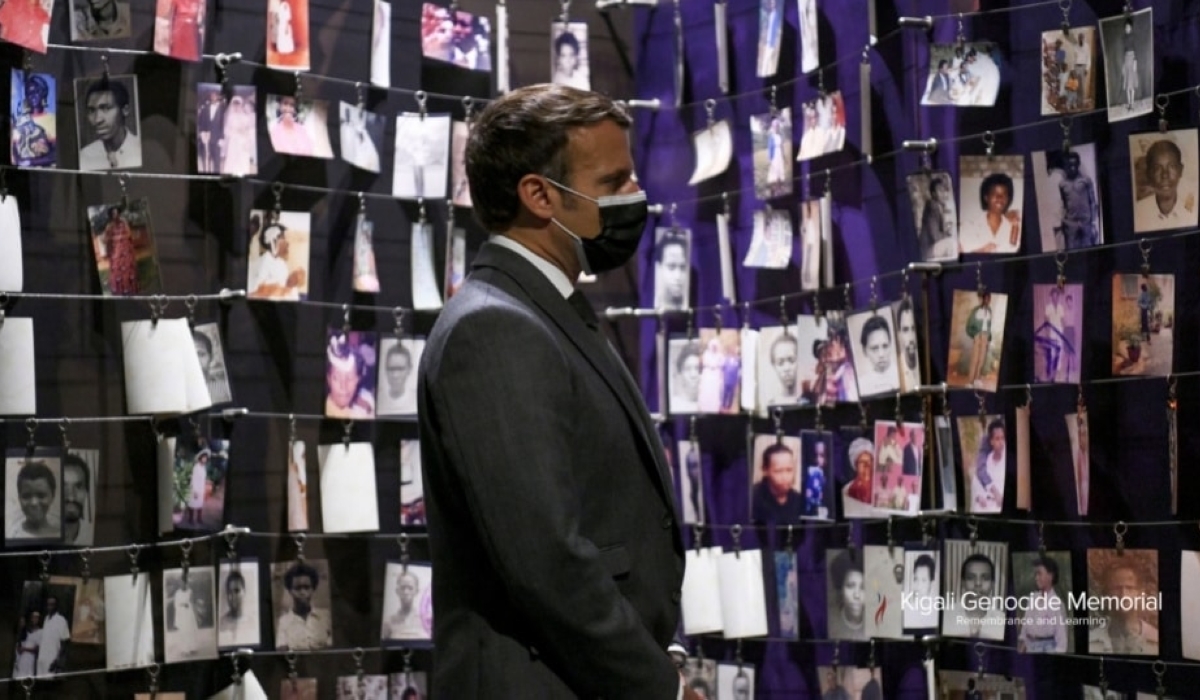International
Kwibuka Flame of Hope at UN Headquarters a reminder for 'Never Again'
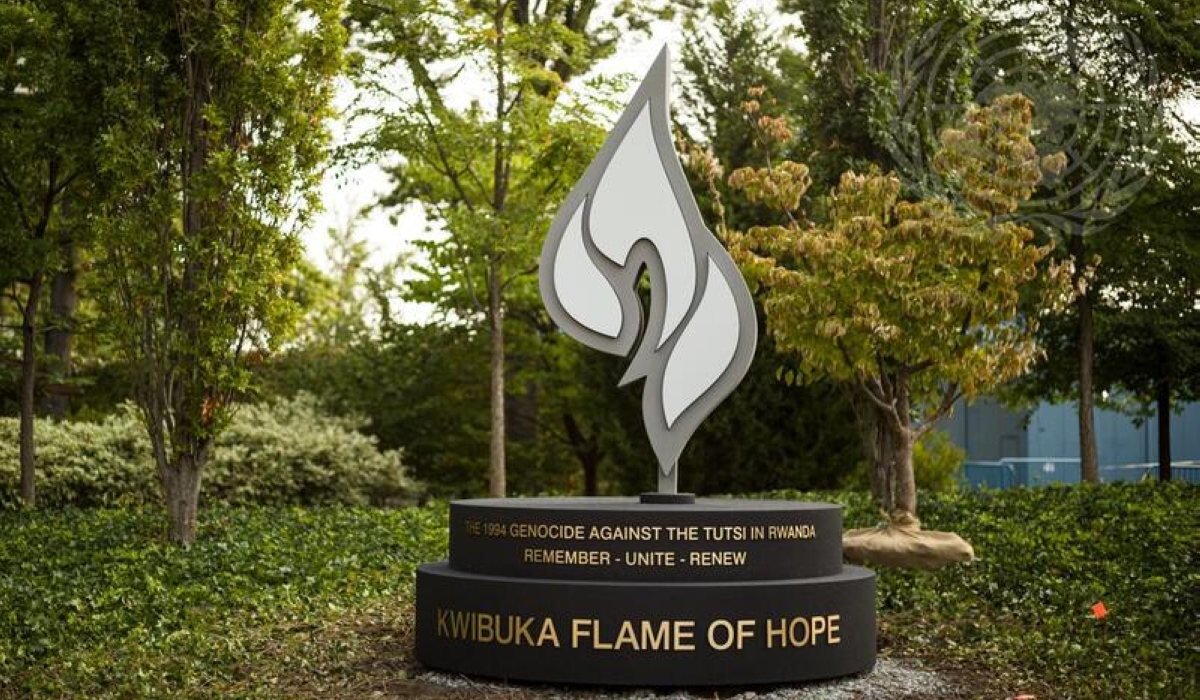
The Kwibuka Flame of Hope, a
permanent tribute to the 1994 Genocide against the Tutsi in Rwanda, was
installed in the United Nations Headquarters in New York in September, 30 years
after the 1994 Genocide was committed.
The monument reflects Rwanda’s
dedication to combating genocide ideology, denial, and hate speech, while
fostering a global commitment to ensuring that such atrocities are never
repeated.
As years pass, Genocide denial
and ideology have grown internationally, discouraging the call to Never Again.
Genocide ideology still lingers in the form of denial and revisionism, mostly
expressed on social media.
According to Rwanda’s
Permanent Representative to the UN, Amb. Ernest Rwamucyo, “the monument stands
as a call for the international community to uphold the promise of 'Never
Again' with purpose and resolve.”
For long, the international
community chose to be intentionally vague about who was targeted in the
genocide. Rwanda will always challenge it, President Paul Kagame said on April
7, as the nation mourned over a million of its people killed in the most
barbaric ways, in 100 days.
The intention of genocide
deniers and revisionists is to kill the truth, whitewash the perpetrators and
shift the blame to those who stopped the genocide.
This act is a quick reminder
for Western countries to use appropriate terminologies regarding the 1994
Genocide against the Tutsi in Rwanda.
Installing the Kwibuka Flame
of Hope at the UN headquarters is a sign, to the world, which challenges the
narrative created by génocidaires, revisionists, and genocide ideologues.
The Kwibuka Flame of Hope has
long been a symbol of peace, justice, and unity —values that guide our healing
and our commitment to unity and reconciliation. This monument holds profound
meaning not only for Rwandans but also for the global diplomatic community.
This monument honours lives
lost in the 1994 Genocide against the Tutsi and serves as a powerful reminder
of the shared responsibility to prevent such a tragedy from ever occurring
again.
"The Kwibuka Flame will
burn forever as a visual reminder for the international community and all the
visitors to the UN, on the need to speak out and say no to hate," said
Melissa Fleming, the Under-Secretary-General of the Department of Global
Communications.
“It serves as a solemn
reminder of the responsibility that we, as diplomats and representatives of the
international community, bear in preventing atrocities. The flame urges us to
act when confronted with the early warning signs of mass violence, to ensure
that the lessons of Rwanda are not forgotten.”
Genocide ideology was
systematically introduced for a long time, and it took root in the mindset of
many Rwandans. Hating and discriminating against the Tutsi became normal, and
killing them was decriminalized.
On December 9, 1948, the UN
approved a written international agreement known as the Convention on the
Prevention and Punishment of the Crime of Genocide; establishing genocide as an
international crime, which signatory nations undertake to prevent and punish.
Fighting genocide denial and revisionism is a continuous war. The individuals perpetrating denial and revisionism should face the law since their acts are criminal.



